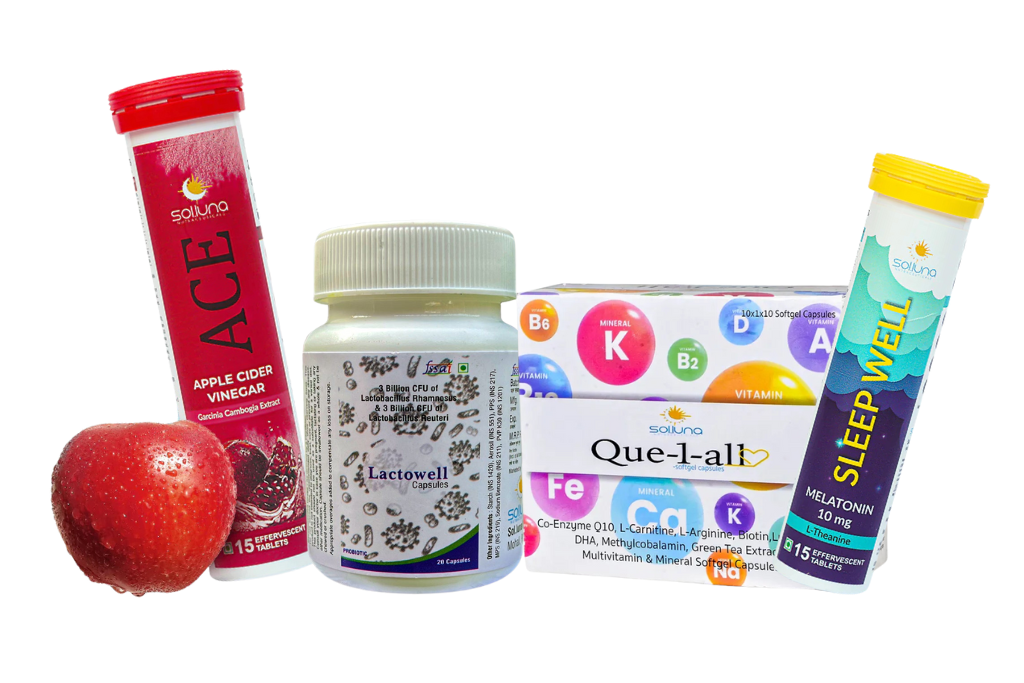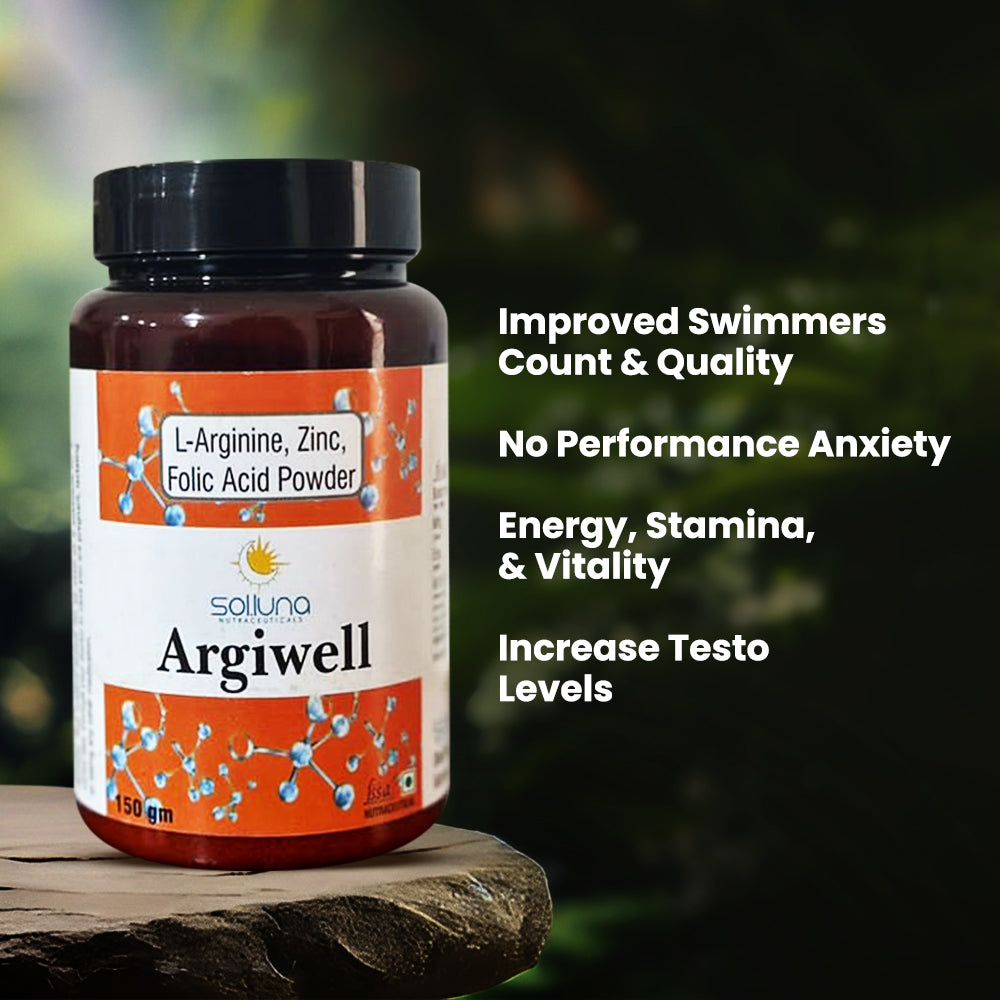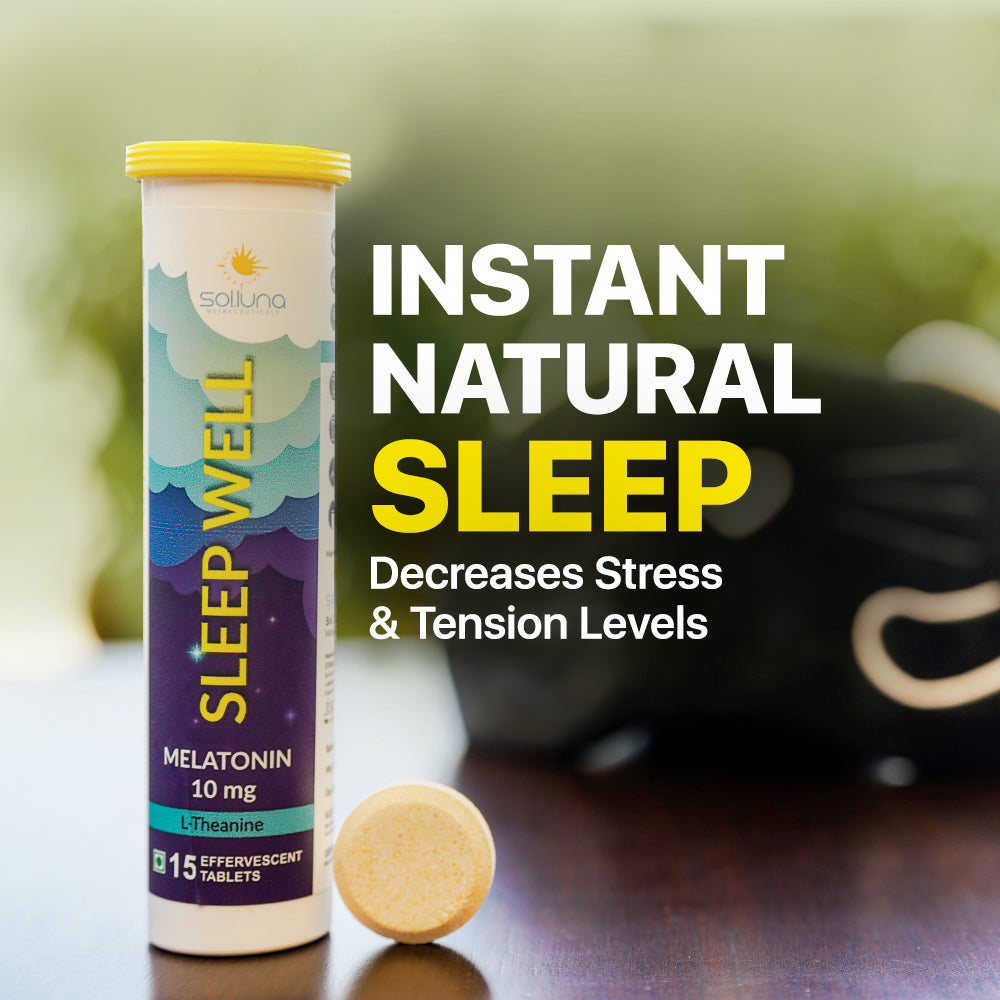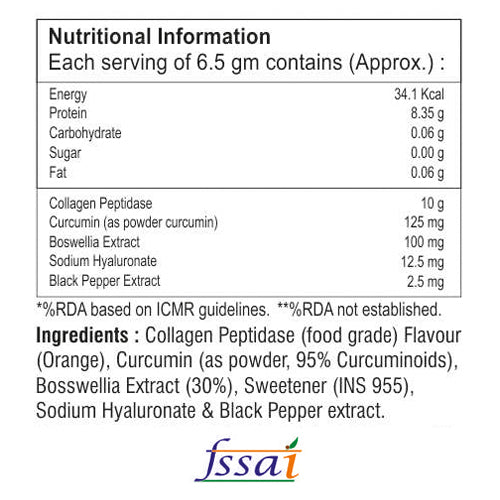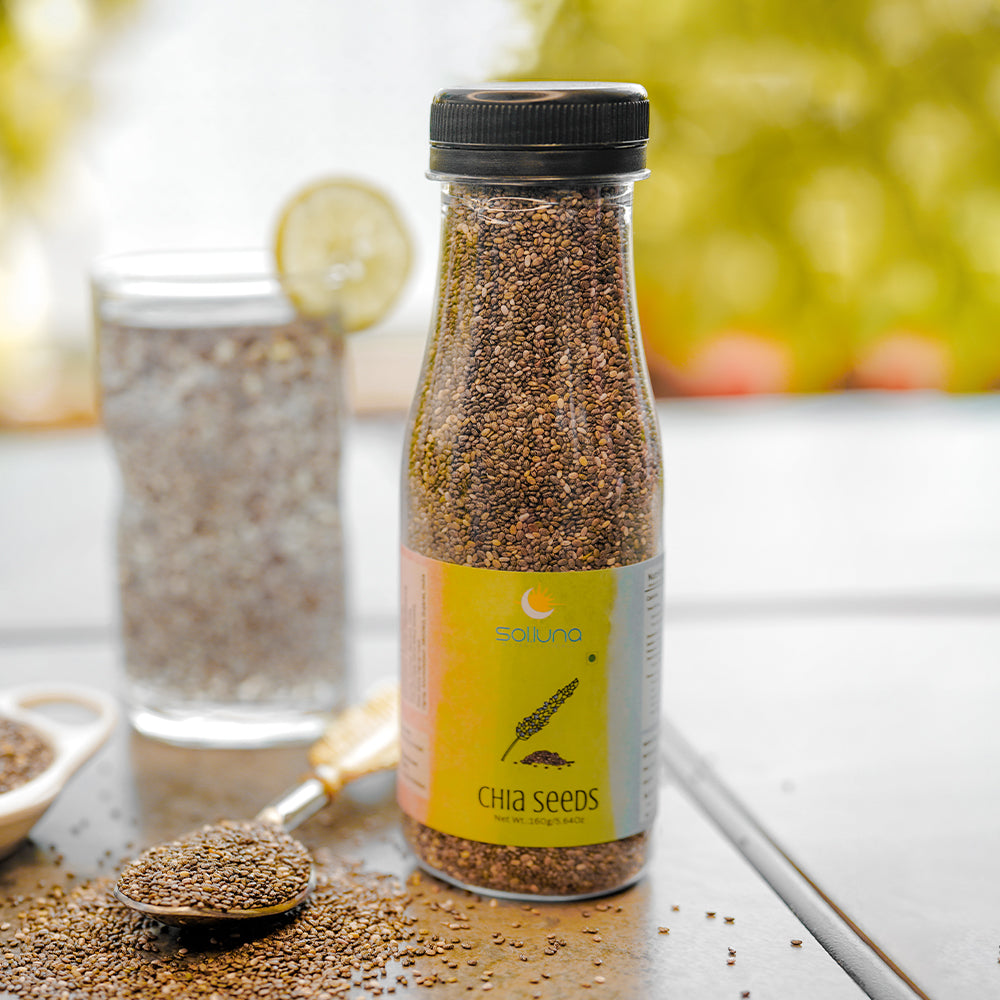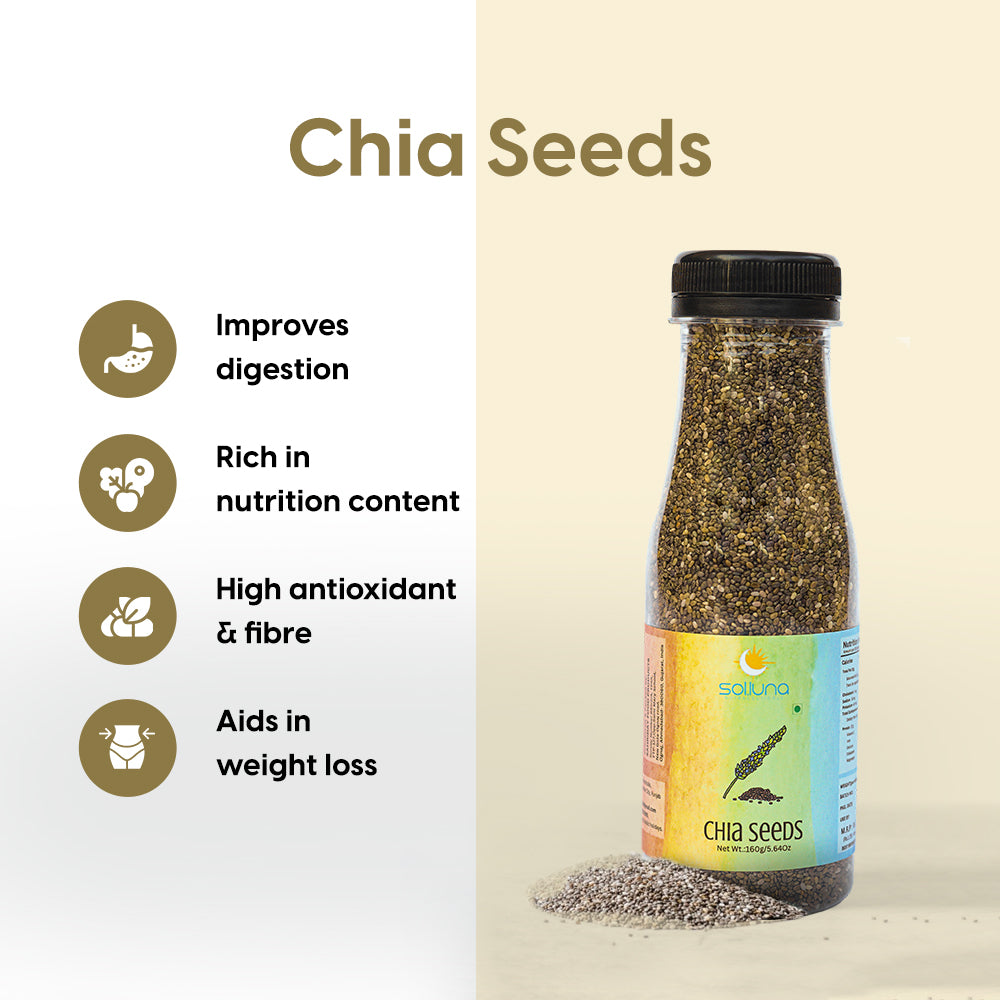
Introduction To Nutraceuticals

In recent years, there has been a growing interest in maintaining optimal health and wellness through natural means. Nutraceuticals, a term coined from “nutrition” and “pharmaceuticals,” have gained significant popularity as a potential bridge between traditional nutrition and modern medicine. These bioactive compounds, derived from natural sources, offer promising health benefits beyond basic nutrition. In this blog, we will explore what nutraceuticals are, their potential benefits, and their role in supporting overall well-being.
What are Nutraceuticals?
Nutraceuticals encompass a diverse range of bioactive compounds, such as vitamins, minerals, herbal extracts, probiotics, prebiotics, phytochemicals, and other naturally occurring substances. These compounds are believed to have various health benefits and can be found in foods, dietary supplements, or even formulated as medicinal products. Unlike conventional pharmaceuticals, nutraceuticals are typically derived from natural sources and are considered to be safe when used as recommended.
- Improved Nutritional Support: Nutraceuticals are fortified with essential nutrients that may be lacking in a standard diet. They serve as a convenient way to address specific nutrient deficiencies and promote overall health.
- Antioxidant Properties: Many nutraceuticals, such as vitamins C and E, and compounds like polyphenols found in green tea and berries, possess potent antioxidant properties. These antioxidants help neutralize harmful free radicals in the body, reducing oxidative stress and the risk of chronic diseases.
- Heart Health: Omega-3 fatty acids, commonly found in fish oil, are well-known nutraceuticals that support cardiovascular health. They help lower triglycerides, reduce blood pressure, and promote a healthy heart.
- Immune System Support: Nutraceuticals like vitamin C, zinc, and echinacea are believed to strengthen the immune system, making it more resilient to infections and illnesses.
- Bone Health: Calcium and vitamin D are essential nutraceuticals for maintaining strong and healthy bones. They play a crucial role in preventing conditions like osteoporosis.
- Cognitive Function: Certain nutraceuticals, like omega-3 fatty acids and curcumin from turmeric, may have positive effects on cognitive function and brain health.
- Digestive Health: Probiotics and prebiotics are beneficial nutraceuticals that support gut health by promoting the growth of beneficial bacteria and improving digestion.
Role in Holistic Health and Wellness
Nutraceuticals are an integral part of the rapidly expanding field of complementary and alternative medicine. Their holistic approach focuses on enhancing overall health, preventing diseases, and supporting the body’s natural healing processes. As people become more health-conscious and seek natural remedies, nutraceuticals have gained prominence as an essential component of a balanced lifestyle.
Regulatory Considerations
It is crucial to note that while nutraceuticals are generally considered safe, their efficacy and safety may vary depending on individual factors and product quality. To ensure the quality and safety of nutraceutical products, regulatory bodies such as the U.S. Food and Drug Administration (FDA) and the European Food Safety Authority (EFSA) have established guidelines for their manufacturing, labeling, and marketing.
Conclusion
Nutraceuticals represent a promising avenue for individuals seeking to optimize their health through natural means. With their potential to bridge the gap between nutrition and medicine, these bioactive compounds offer a diverse array of health benefits. As with any health-related decisions, it is essential to consult with healthcare professionals before incorporating nutraceuticals into your routine. By combining proper nutrition, a balanced lifestyle, and the judicious use of nutraceuticals, individuals can work towards achieving overall well-being and vitality.





